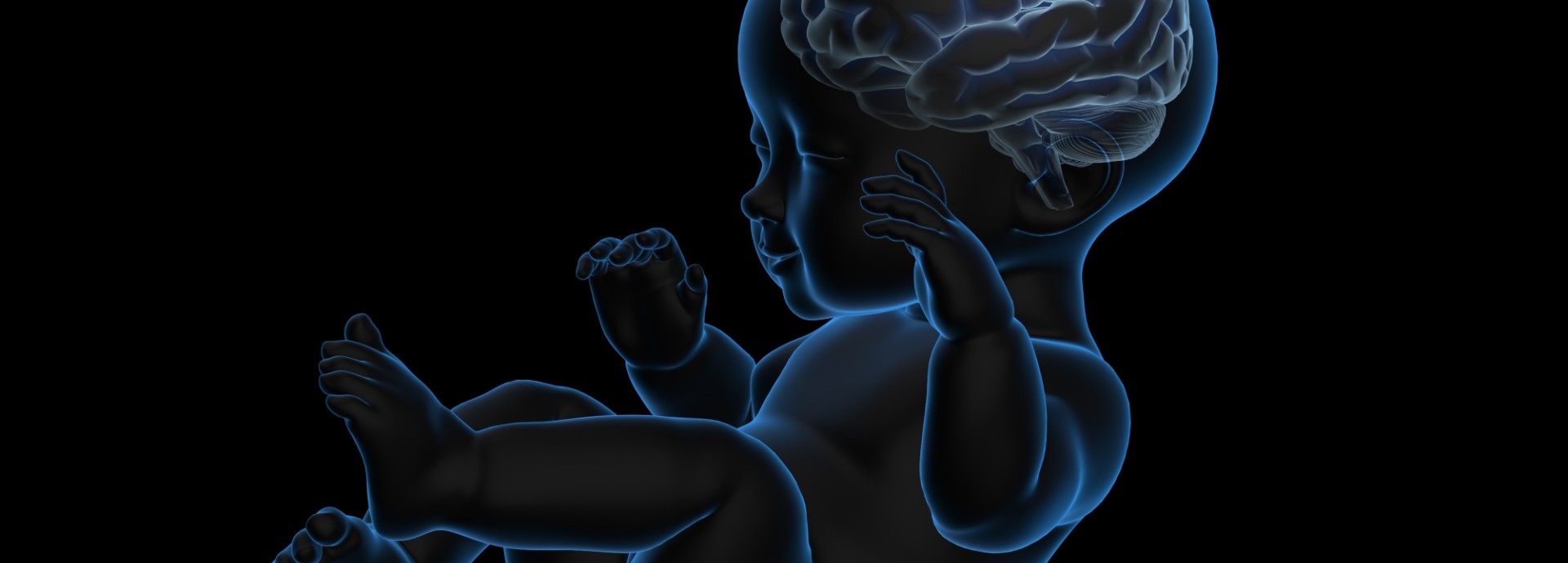Children born into poverty show key differences in behaviour and brain function, according to new research involving the Universities of Stirling and East Anglia.
The work – led by East Anglia (UEA) and involving Stirling’s Dr Sobanawartiny Wijeakumar – studied behaviour and brain function in a key cognitive system called visual working memory, in children from a sample from rural India.
Dr Wijeakumar, Lecturer in Psychology in the Faculty of Natural Sciences, said: “Visual working memory is a critical cognitive system that allows us to store visual information and track changes in the environment as they occur. This system is involved in most daily functions – such as reading, navigation, driving, and calculation – and, therefore, we use it around 10,000 times a day.
“We also know that there are strong ties between visual working memory and academic achievements and IQ, therefore, it is important to understand how this system develops from infancy through to childhood.
“Our study focused on children between the ages of four months and 42 months from a rural community in Shivgarh, Uttar Pradesh, India. We used a portable neuroimaging system called near-infrared spectroscopy to record brain activation as children engaged in an experimental visual working memory task.
“This experimental task assessed how well children could store visual information from flashing displays of squares with changing colours. We found that this looking behaviour was associated with socioeconomic status and brain activation in the frontal cortex was predicted by maternal education and annual income.”

Dr Sobana Wijeakumar worked on the study.
Lead researcher Professor John Spencer, from UEA’s School of Psychology, said: “Each year, 250 million children in low and middle income countries fail to reach their developmental potential.
“There is therefore a growing need to understand the global impact of poverty on early brain and behavioural development.
“Previous work has shown that poverty and early adversities significantly impact brain development, contributing to a vicious cycle of poverty. But few studies have looked at brain function early in development.
“We wanted to find out more about the functional brain development of children born into poorer backgrounds – to see why many do not reach their full potential. This work is the first step in intervention efforts designed to boost early brain health before adversity can take hold.”
The study laid the foundation for a larger scale grant, from the Bill and Melinda Gates Foundation, for assessing and enhancing visual working memory capacity via a neurobehavioural toolkit in Shivgarh.
Dr Wijeakumar, who is a co-investigator on this project, has helped set up a full-scale neuroimaging facility in Shivgarh and has trained local research assistants on how to collect data from infants and children. She is currently working with the team in UEA on the first-ever large-scale cross-sectional and longitudinal dataset of six and nine-month old infants from low and high socioeconomic backgrounds in Shivgarh.
The paper, Early adversity in rural India impacts the brain networks underlying visual working memory, is published in Developmental Science.

